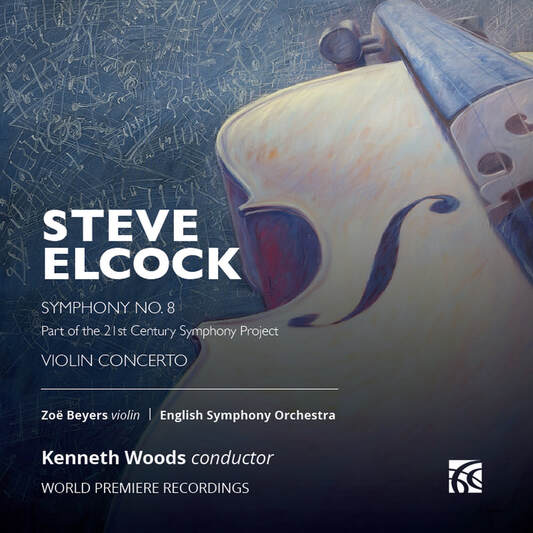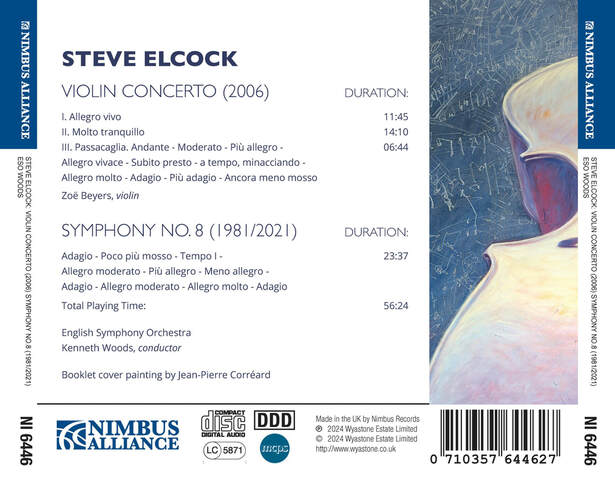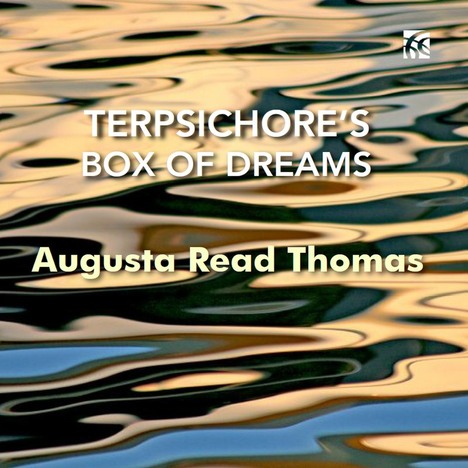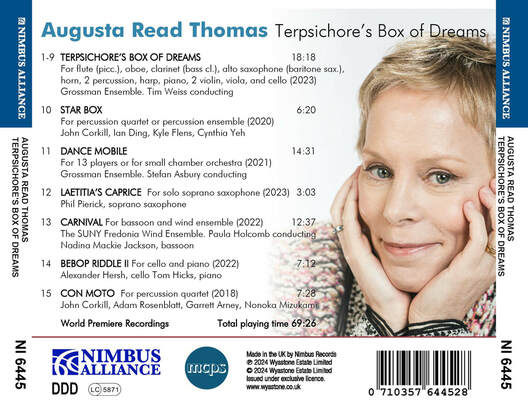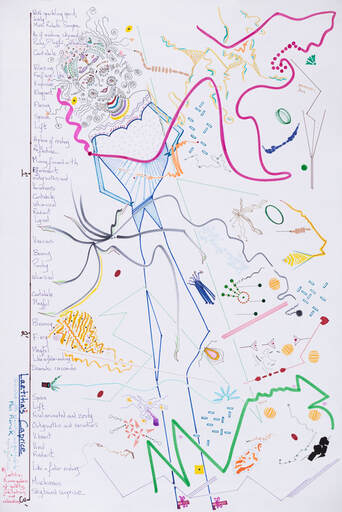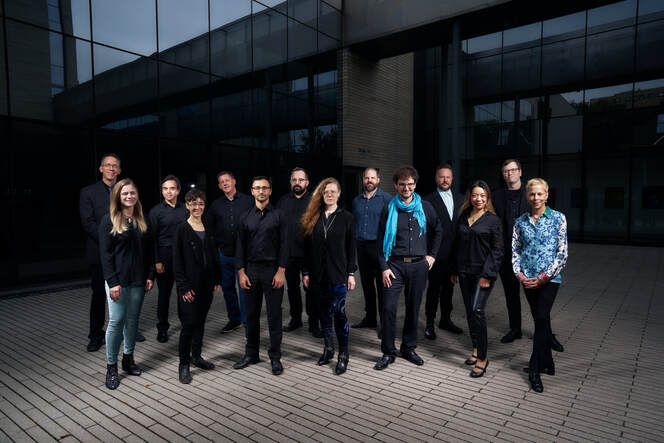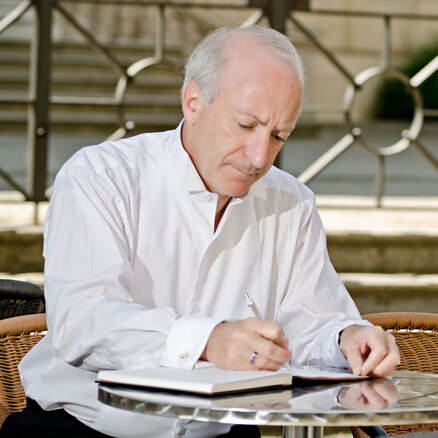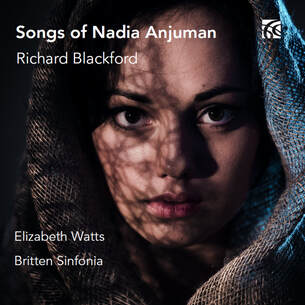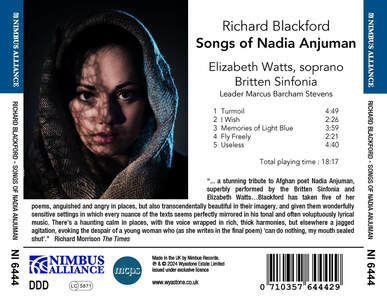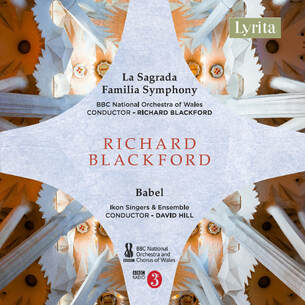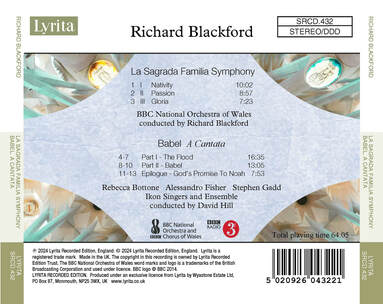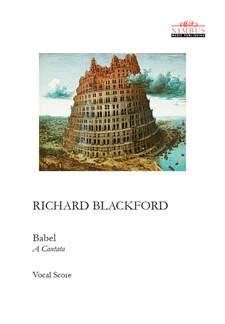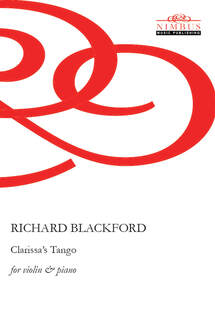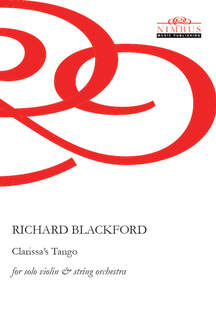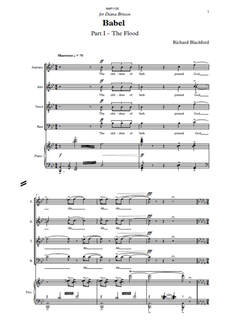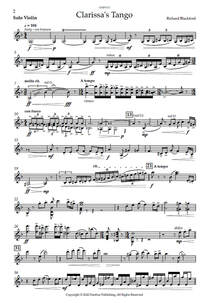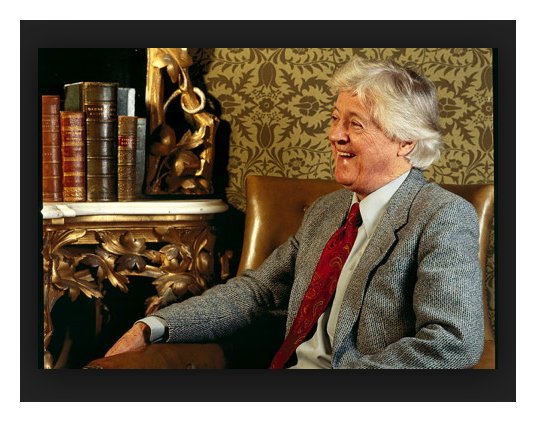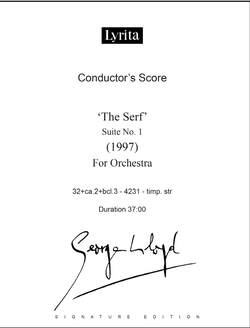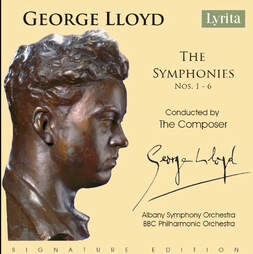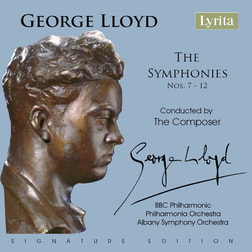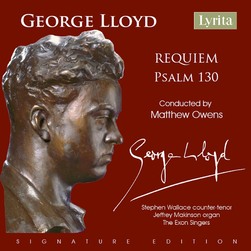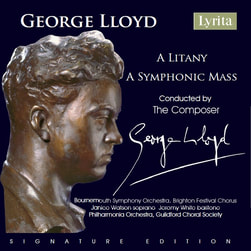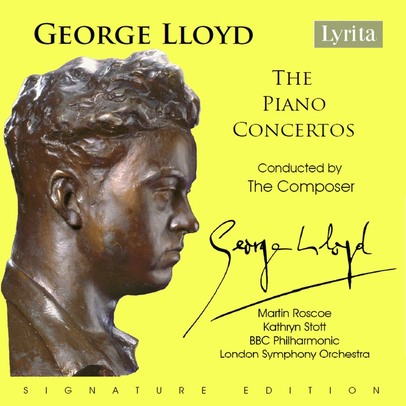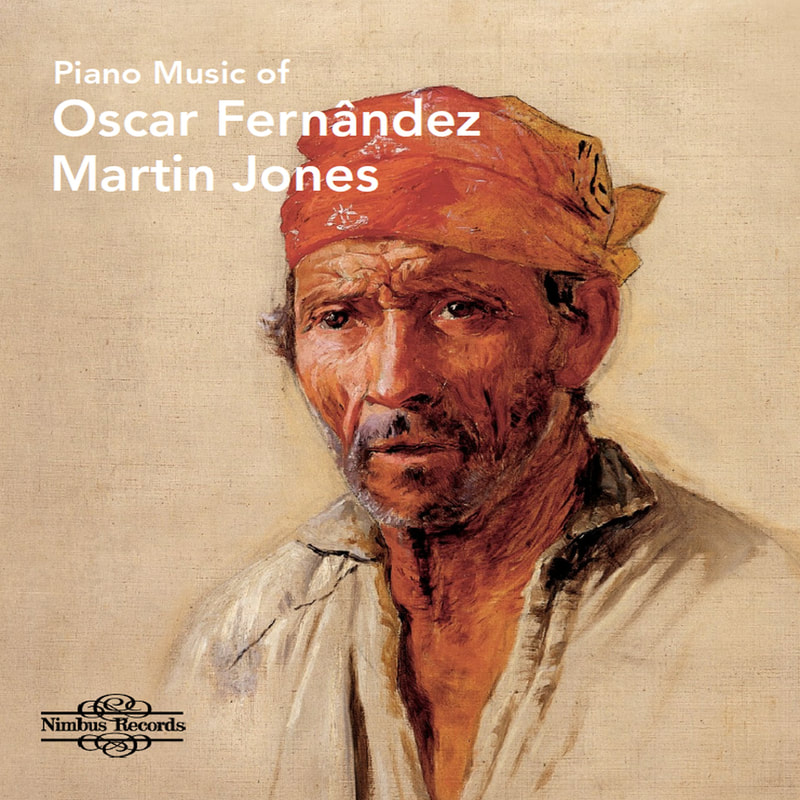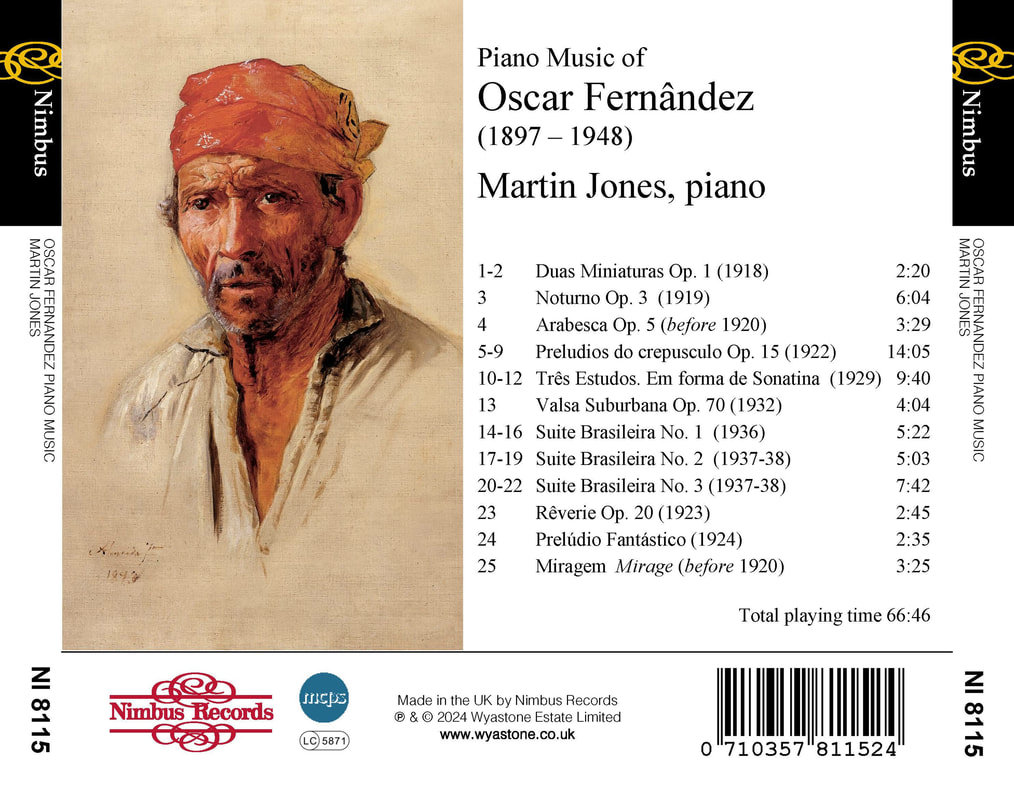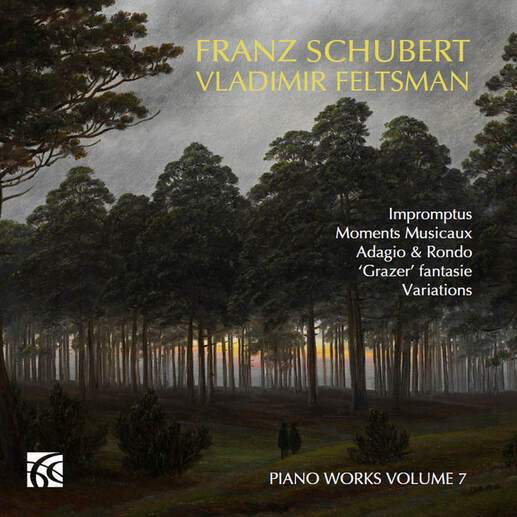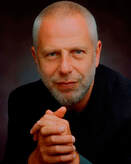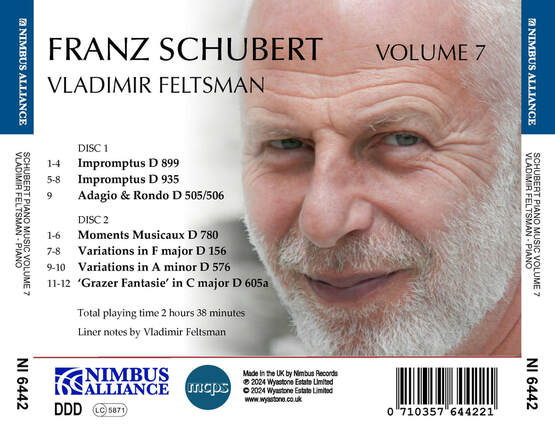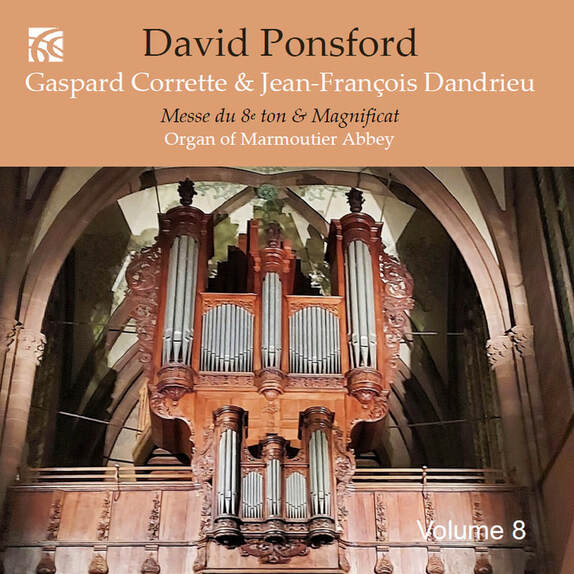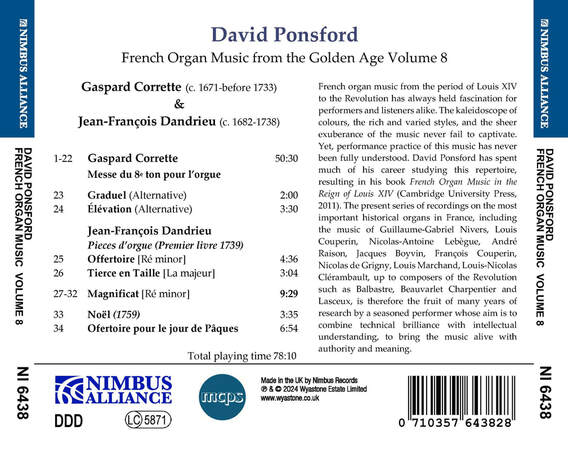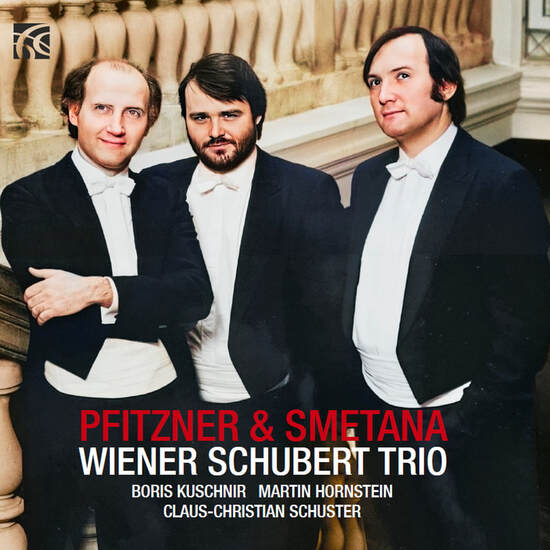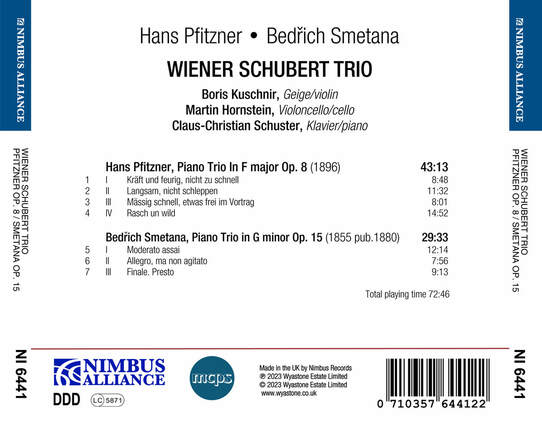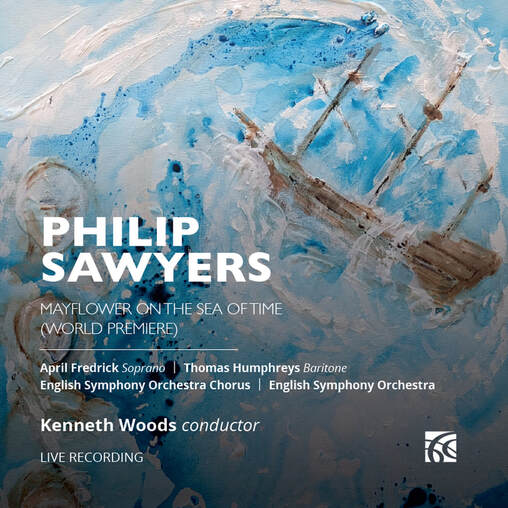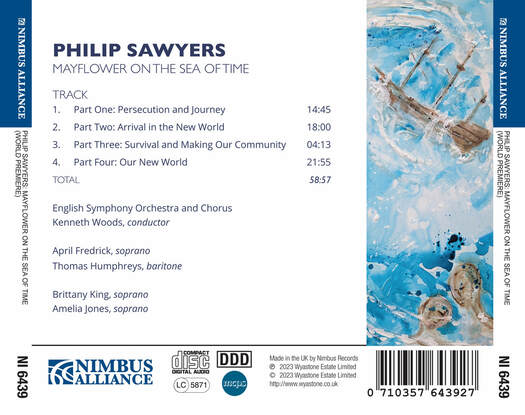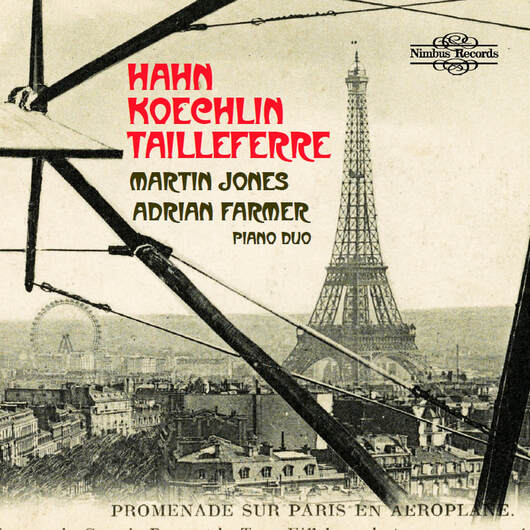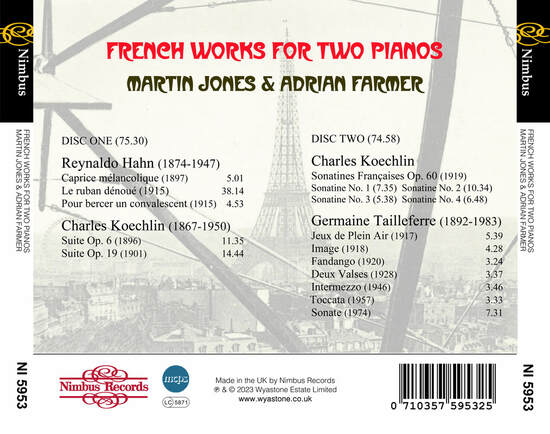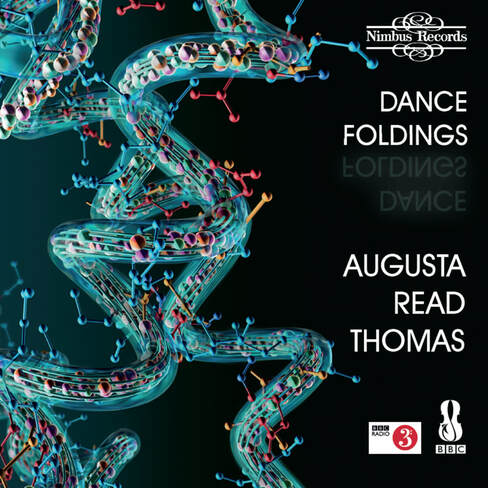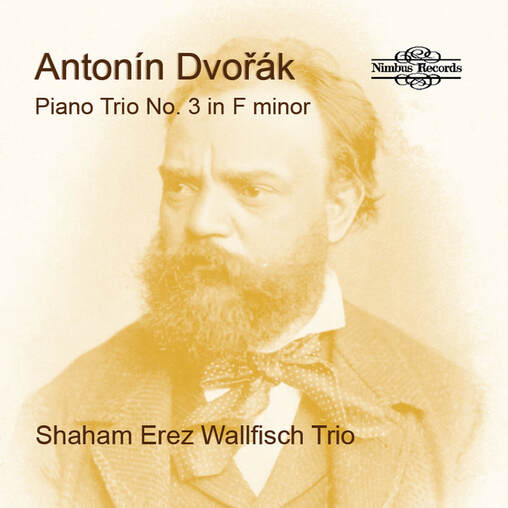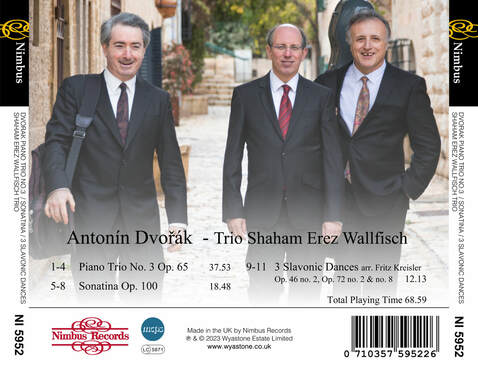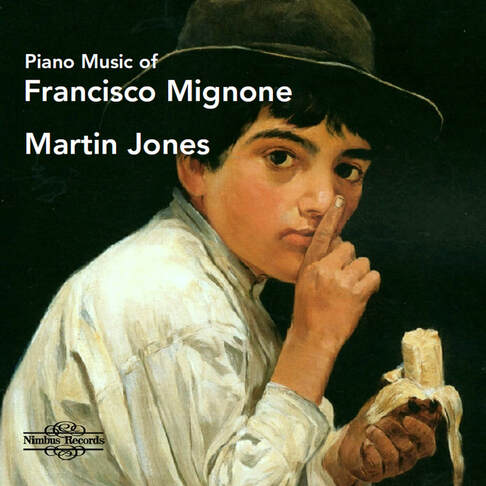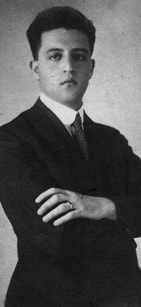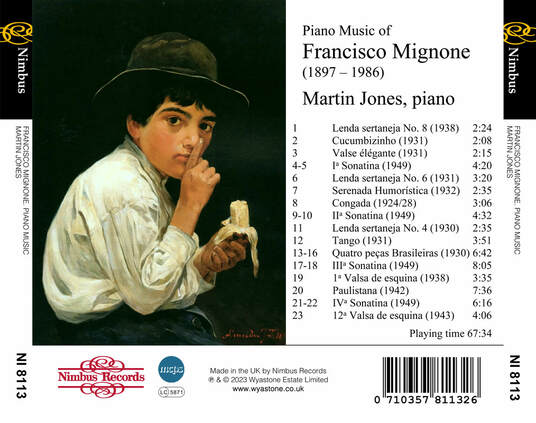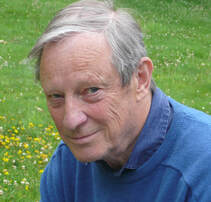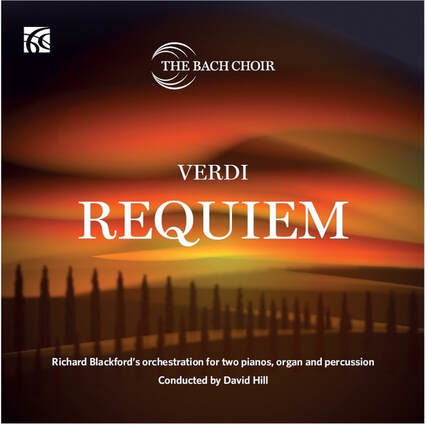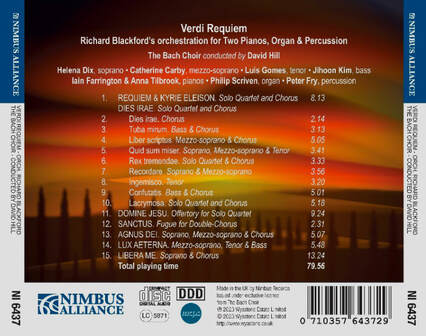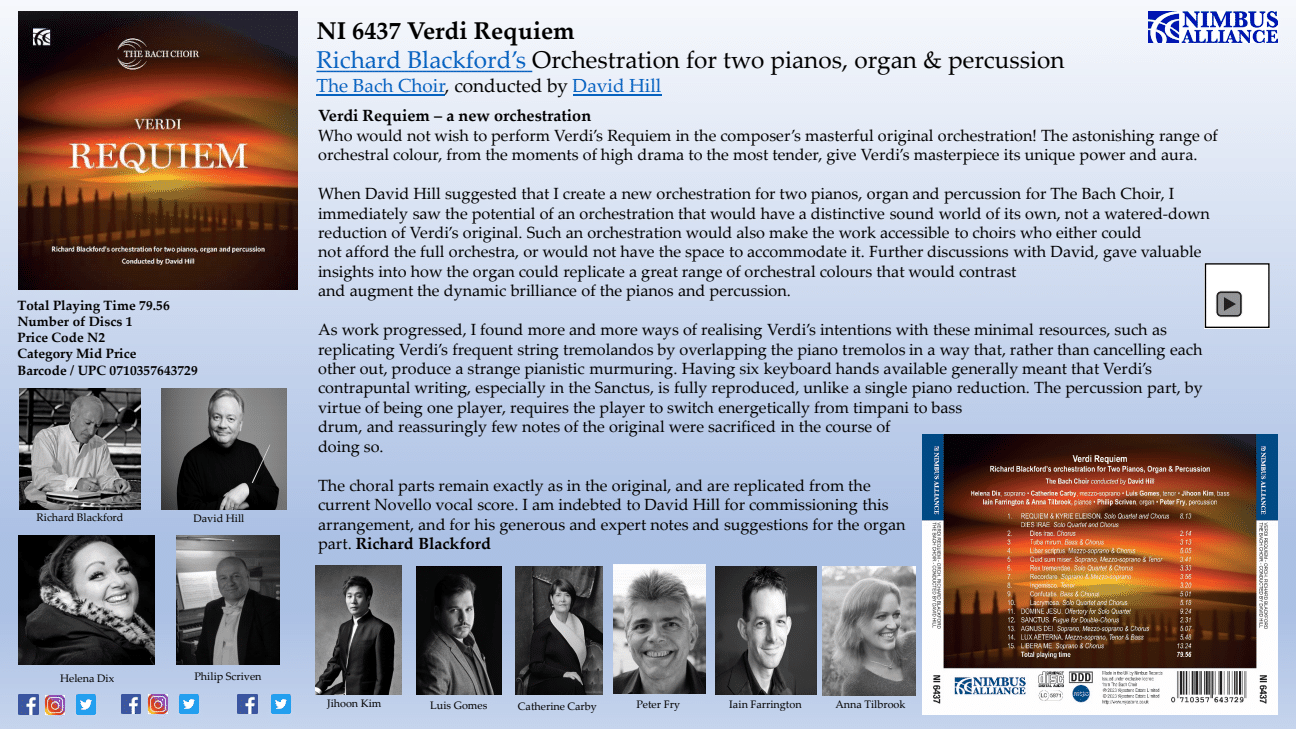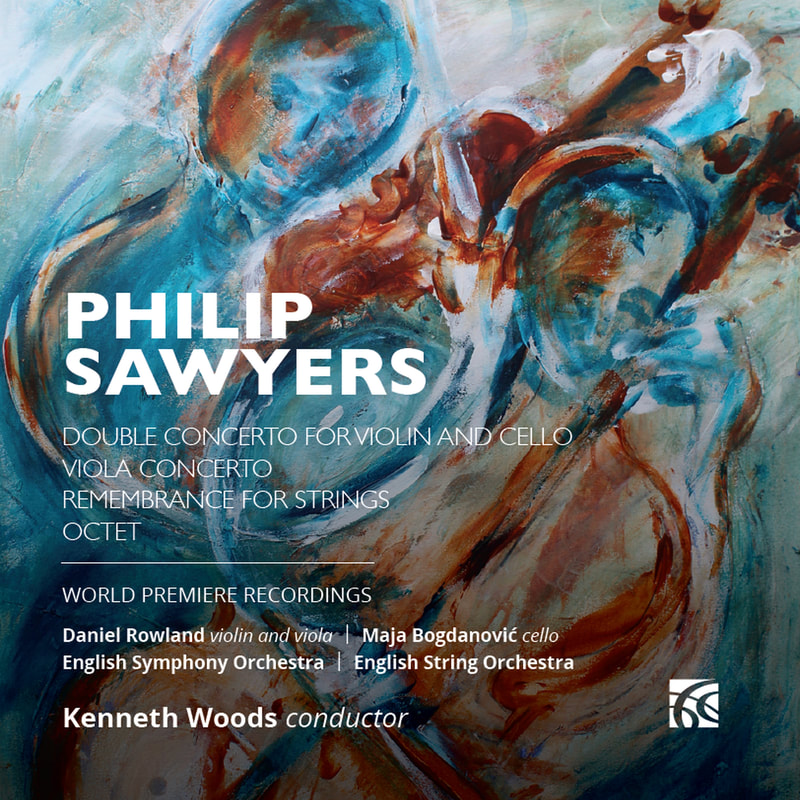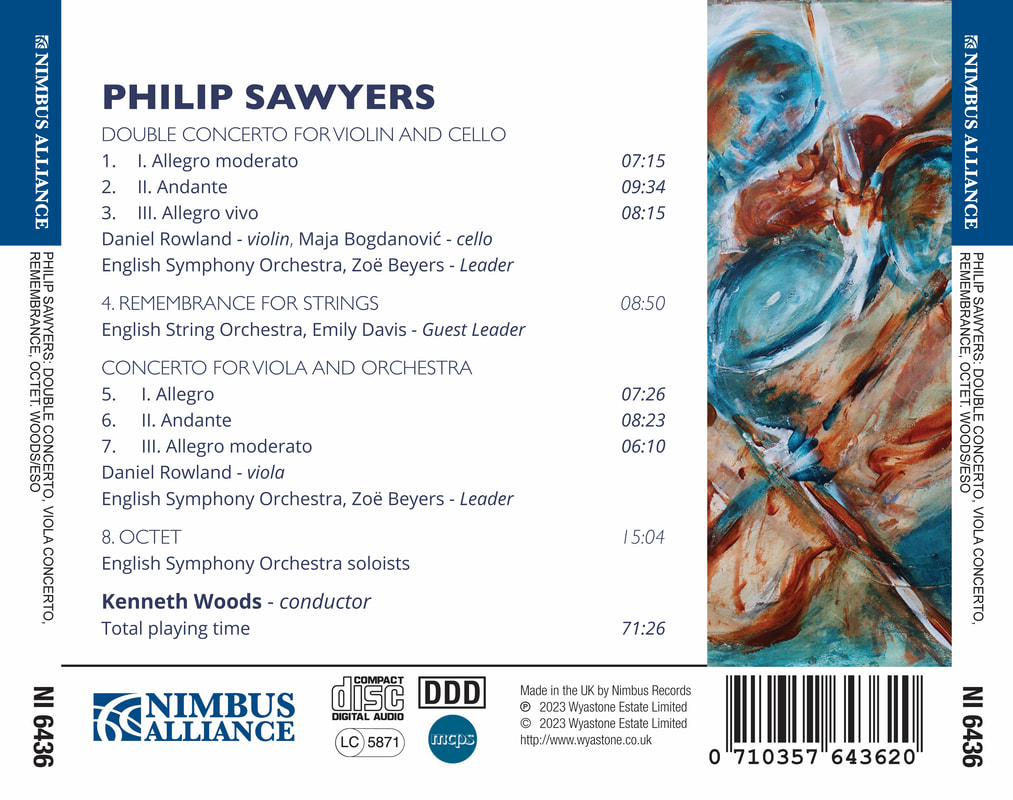The 21st Century Symphony Project (21CSP) is an English Symphony Orchestra initiative conceived by conductor Kenneth Woods. The initial goal was to commission, premiere and record nine new symphonies by nine different composers. The 21CSP has been called 'one of the most important musical initiatives of modern times' by Robert Matthew-Walker, Editor of Musical Opinion, and 'the most important series of commissions and recordings of our times' by musicologist and cultural commentator Peter Davison, former Artistic Consultant at the Bridgewater Hall, Manchester.
Alongside Steve Elcock’s Symphony No. 8, other works in the 21st Century Symphony Project include David Matthews Symphony No. 9 (NI 6382), Philip Sawyers Symphony No. 3 (NI 6353) and Adrian Williams, Symphony No. 1 (NI 6432).
Symphony No. 8
'Following the weighty Sixth and Seventh symphonies, I felt the need to write a smaller scale piece before tackling the Ninth, the finale of which was already written and was monumental enough in character to require some substantial movements to precede it. I attempted to produce such a lighter piece by turning to an early string quartet written in 1981 when I was aged 24. I had dismissed it as juvenilia but thought it could perhaps be salvaged by arranging it for string orchestra and filling out the textures… While my first two symphonies still await either performance or recording after a quarter of a century, the Eighth was already on the programme of the Three Choirs Festival before I had even finished reorchestrating it… Symphony no. 8 was commissioned by the English Symphony Orchestra and first performed by them as part of the Three Choirs Festival in Kidderminster on July 28, 2021.' © Steve Elcock
Violin Concerto
'With the first movement, I wanted to achieve a return to the classical momentum that had largely been lost throughout the Romantic era and onward. The energy is unflagging, verging on the desperate, relief being provided only by the two appearances of the expansive second theme; but even this is underpinned by a niggling rhythm in the violas. The second movement provides a welcome contrast. Its opening makes use of change-ringing techniques applied to slowly moving scales in violins and violas, evoking distant bells ringing across a valley.' © Steve Elcock
Digital download and streaming links will be published here.

